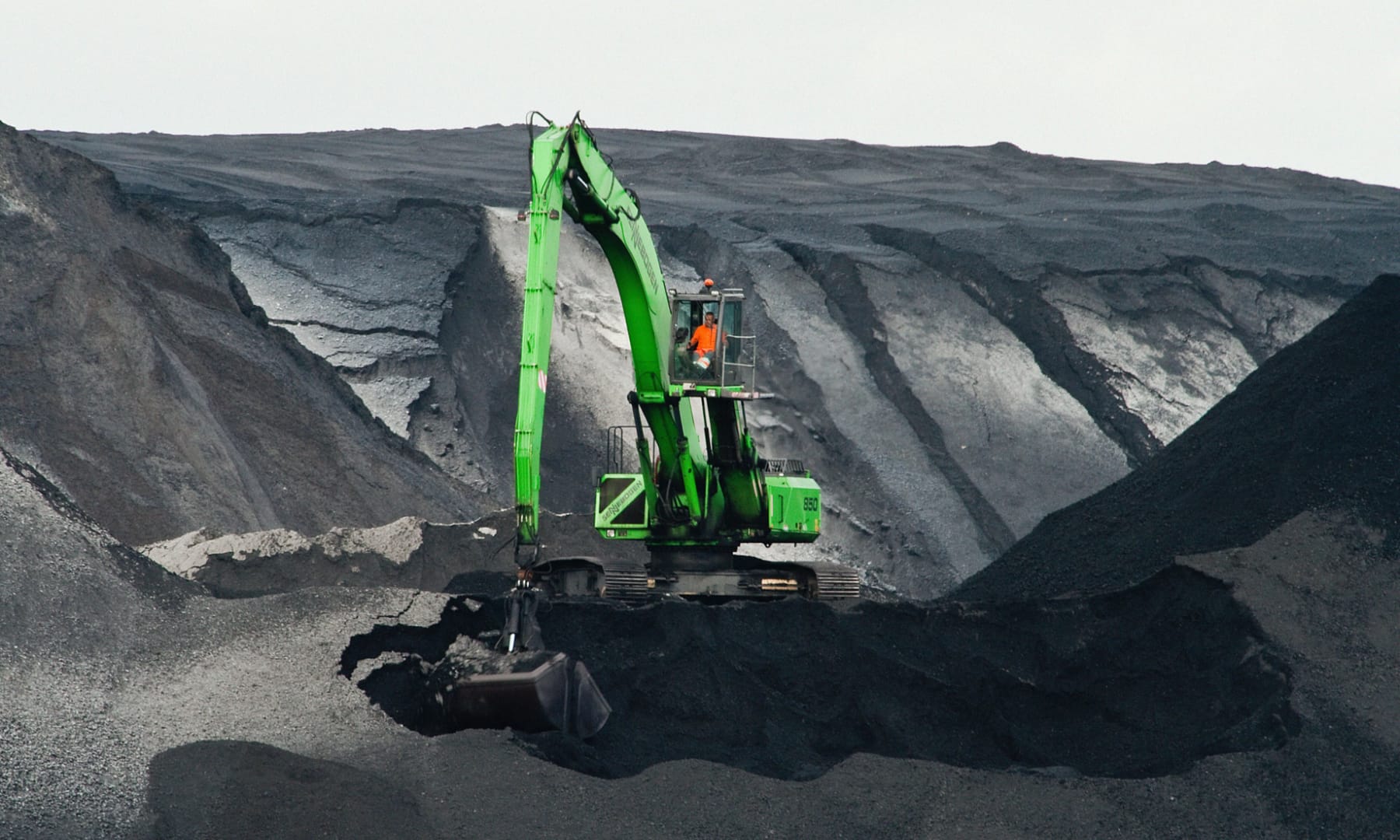The Contribution of Coal in Life
August 22, 2022
Coal is formed when dead plant matter submerged in swamp environments is subjected to the geological forces of heat and pressure over hundreds of millions of years. Over time, the plant matter transforms from moist, low-carbon peat, to coal, an energy- and carbon-dense black or brownish-black sedimentary rock.
Coal is an essential resource for tackling the challenges facing the modern world – specifically the rapid increase in energy consumption. Coal is significantly cheaper and more accessible than other fossil fuels and its reserves are distributed much more equally around the planet.
The availability of coal is believed to be used for tens to hundreds of years because its use is only 30 percent of all world energy. The benefits of coal are very diverse that can be felt in everyday life.
Coal accounts for over 37% of the world’s electricity supply. It is fundamental in powering homes and industry, providing energy for transport and producing steel and concrete.
Coal has other benefits such as functioning for the production of aluminum industry. Coal is the fuel that supports the aluminum industry. Coke and gas-generated fittings can help separate some steel products to produce aluminum products that are used for equipment in various industries.
Coal is also used for agriculture. Coal can help produce agricultural fertilizers. Chemical fertilizers are inseparable from coal. Coal plays a role in the processing. Many products are produced from processed waste combustion from coal. The coal will be purified with some special equipment and tools. This process forms the ingredients that make chemical fertilizers.
Coal also has an economic impact on the countries that produce it. Coal contributes foreign exchange and opens access to investment for producing countries and plays a role in services and industry.

